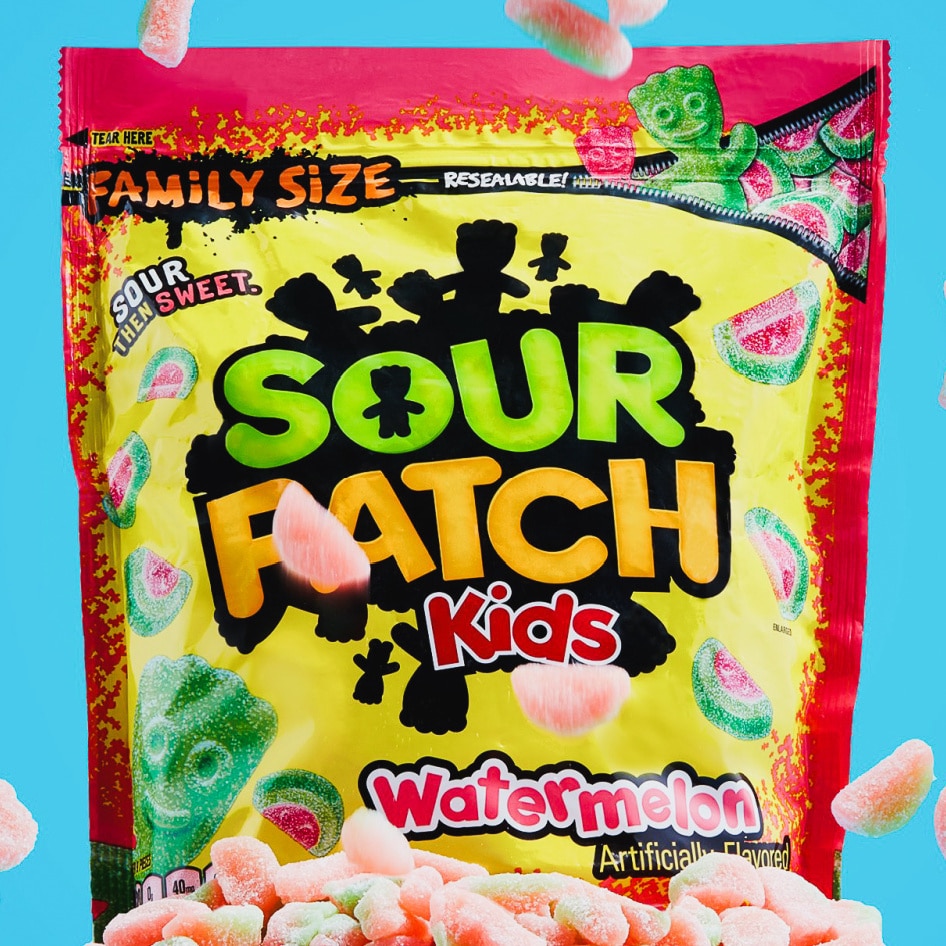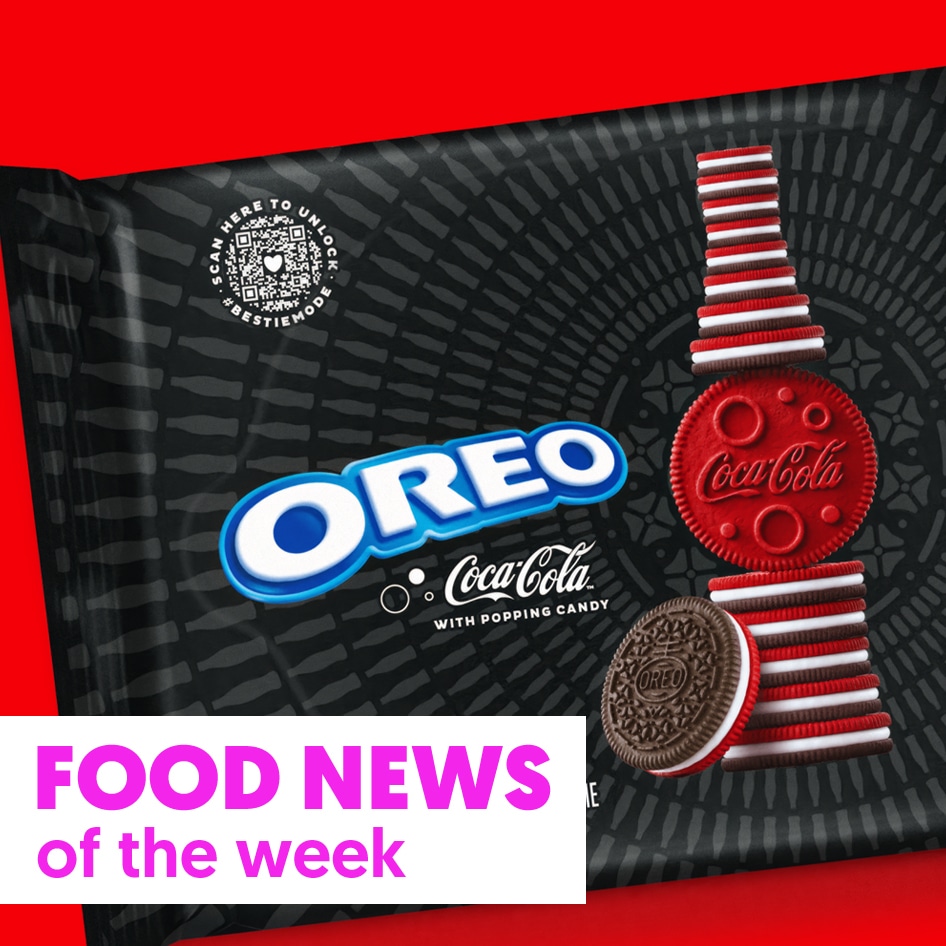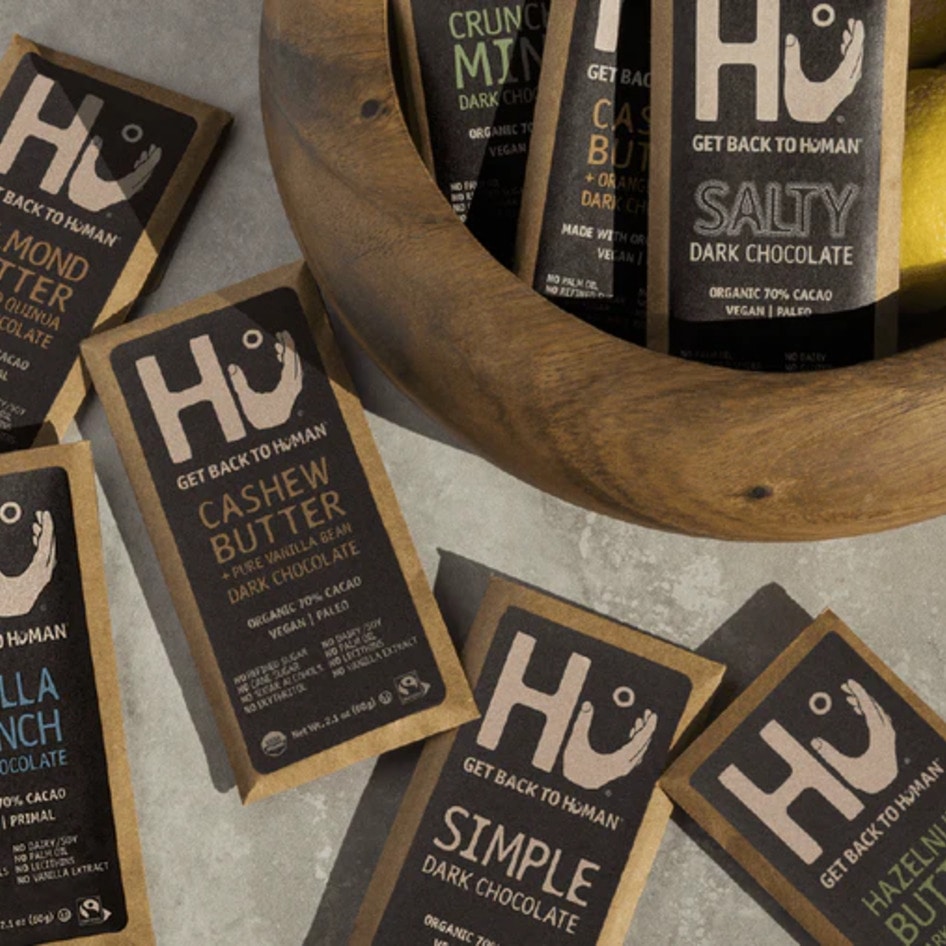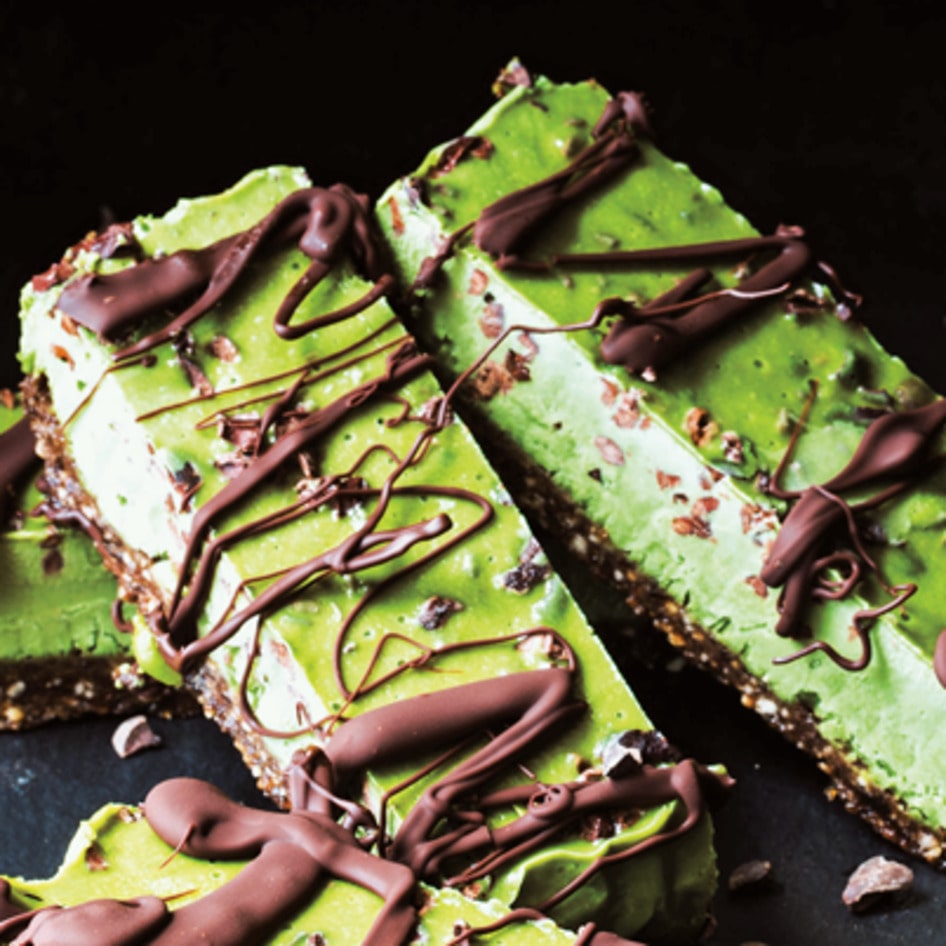Do you twist your Oreos apart and lick off the creme filling before biting into the cocoa cookies? Or maybe you dunk the whole sandwich into a glass of oat milk? Perhaps you crush your Oreos into a cookie crust for your favorite pie recipe?
No matter how you eat it, Oreo has long been the go-to accidentally vegan snack, selling more than 60 billion cookies worldwide—20 million in the United States alone.
However, a new contender is rising in the snack world: Biscoff. With its caramelly flavor profile, the fellow accidentally vegan cookie already had a cult following in Europe and is gaining ground worldwide.
Recently, the two “it” cookies announced a strategic partnership that promises to unlock a world of fun cookie possibilities.
The rise of Biscoff
Biscoff, originally known as Speculoos, is a caramelized biscuit that has been a staple in Belgium since 1932. Produced by Lotus Bakeries, Biscoff has grown into a global brand, especially popular as an accompaniment to coffee and tea.
 Lotus Biscoff
Lotus Biscoff
Its distinct taste and crunchy texture have made it a favorite among consumers seeking something different from Oreo’s traditional chocolate or vanilla flavors.
In recent years, Biscoff has gained significant traction in the market. According to Jan Boone, CEO of Lotus Bakeries, Biscoff is now one of the top five cookie brands globally, with revenue rising 20 percent to more than $500 million in 2023.
Boone has ambitious plans to make Biscoff the third-largest cookie brand worldwide, trailing only behind Oreo and Chips Ahoy! cookies. This ambition is supported by the production of six billion Biscoff cookies annually, demonstrating the brand’s vast reach and popularity.
Biscoff goes for the gold
While Americans love Oreos, they also are familiar with Biscoff: cookies which are served by several airlines due to their allergen-friendly qualities. In fact, Delta serves approximately 80-85 million Biscoff cookies annually.
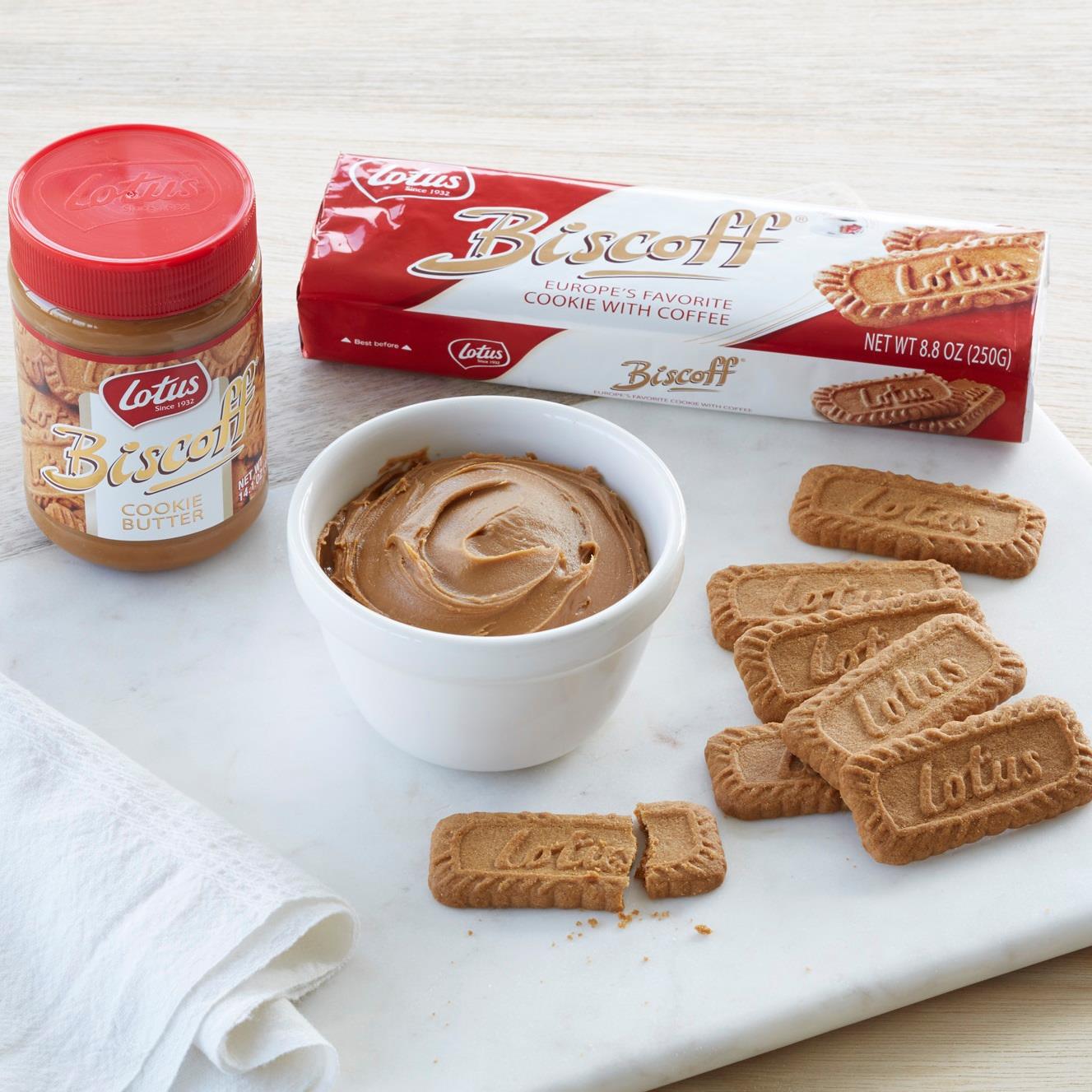 Lotus Biscoff
Lotus Biscoff
Additionally, Trader Joe’s vegan-friendly Speculoos Cookie Butter further cemented the flavor in the minds and hearts of US consumers.
Is the world ready for a Biscoff and Oreo collab? One of the most significant developments for Biscoff is its recent partnership with Mondelēz International, the parent company of Oreo—bringing the two cookies closer together than they’ve ever been before.
Announced last month, this partnership aims to combine the unique taste and texture of Biscoff with Mondelēz’s popular chocolate brands, including Cadbury and Milka.
The first co-branded products are expected to launch in early 2025, starting with Biscoff filling in a chocolate bar, similar to the successful Milka bar extension filled with Oreo. It’s too early to say if these products will all be accidentally vegan.
“Biscoff is unique. We don’t have anything in our range that is like Biscoff,” Dirk Van de Put, CEO of Mondelēz, said in a ‘Food Dive’ interview. “The taste. The way it’s positioned. It’s going to play a unique role in our portfolio. That’s why we were interested in doing this partnership.”
The partnership also aims to expand Biscoff’s presence in markets where Mondelēz already has a strong foothold, such as India. With Mondelēz generating $2 billion in revenue from India, largely through its Cadbury brand, the introduction of Biscoff could further strengthen its position in the country’s cookie market.
Cookie innovations on the horizon
Biscoff’s innovation extends beyond its traditional cookie form. The brand has successfully launched a range of products, including Biscoff spread, ice cream, and even Biscoff-flavored beverages.
These innovations have helped Biscoff maintain its relevance and cater to diverse consumer preferences. The partnership with Mondelēz is expected to further drive innovation, with potential products such as chocolate-covered Biscoff on the horizon.
“Over time, we will come up with innovations that will use the Biscoff brand in more creative ways than just having the filling in our chocolate,” Van de Put said.
This commitment to innovation positions Biscoff well to continue capturing market share and delighting consumers with new and exciting products. However, it’s safe to assume that Oreo will continue to innovate its offerings, as well. In addition to various formats that expand on the classic—such as Double Stuf, Thin, and Minis—Oreo has explored a variety of flavors and collaborations over the years.
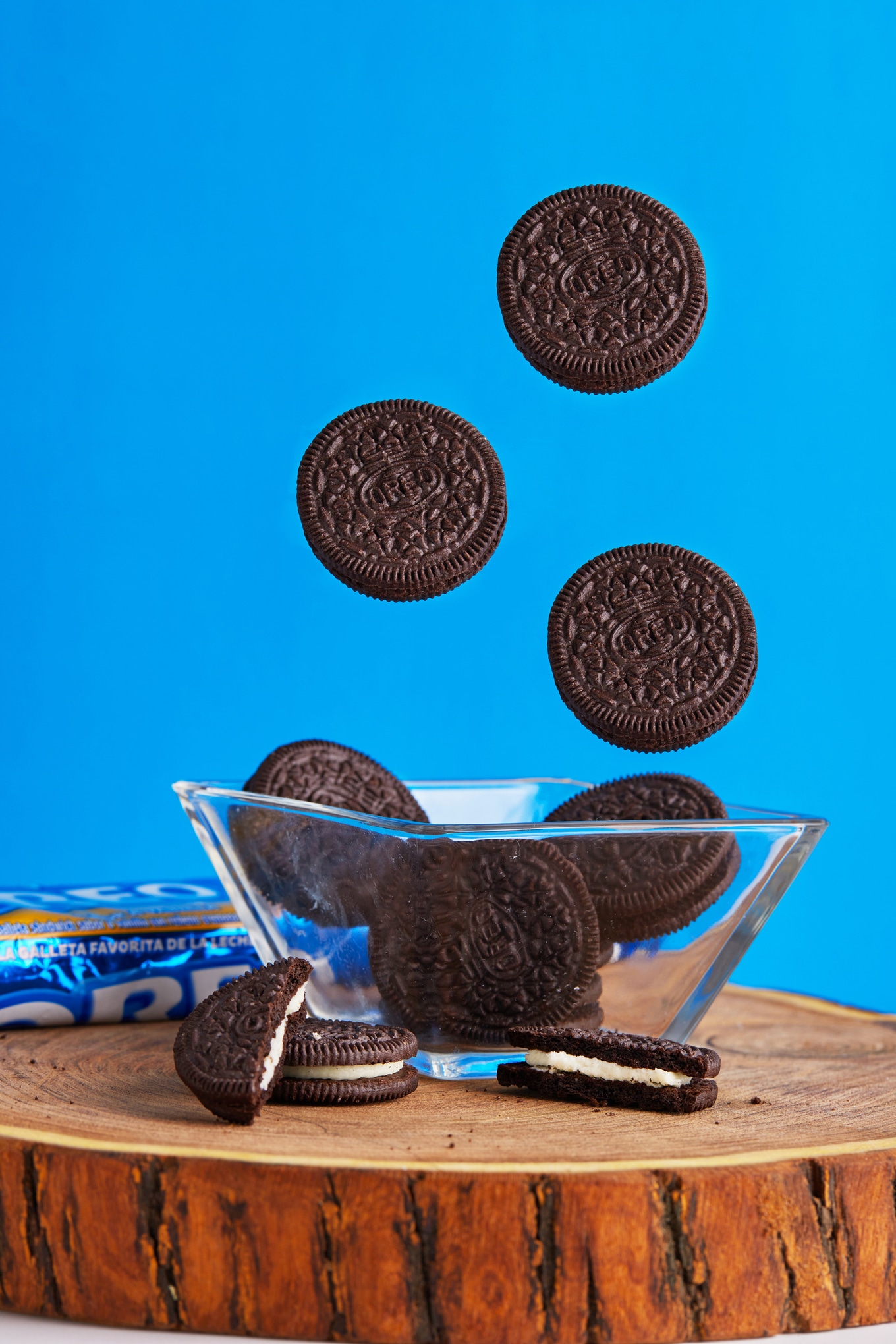 Israel Albornoz/Unsplash
Israel Albornoz/Unsplash
While some Oreo varieties (for instance, all of the chocolate-covered ones) contain animal ingredients, the running list of vegan-friendly flavors is vast with hits such as Mint, Lemon, Java Chip, Birthday Cake, Caramel Coconut, and more. In 2020, Lady Gaga’s Chromatica was the inspiration behind pink-and-green-hued Oreos.
And last year, Oreo released “the most oreo Oreo,” a limited-edition meta version of the cookie that featured the most stuffing ever—plus a promotional campaign that featured Martha Stewart and an entire “Oreoverse” of games and prizes. There’s also an Oreo cereal.
With continuous innovation at the heart of both Biscoff and Oreo, two competing accidentally vegan cookies can’t be a bad thing. Especially when the possibility of a Biscoff-stuffed Oreo or an Oreo cookie butter spread could be the next big collab between the Mondelēz-owned brands.
For more plant-based stories like this, read:
JUMP TO ... Latest News | Recipes | Guides | Health | Shop

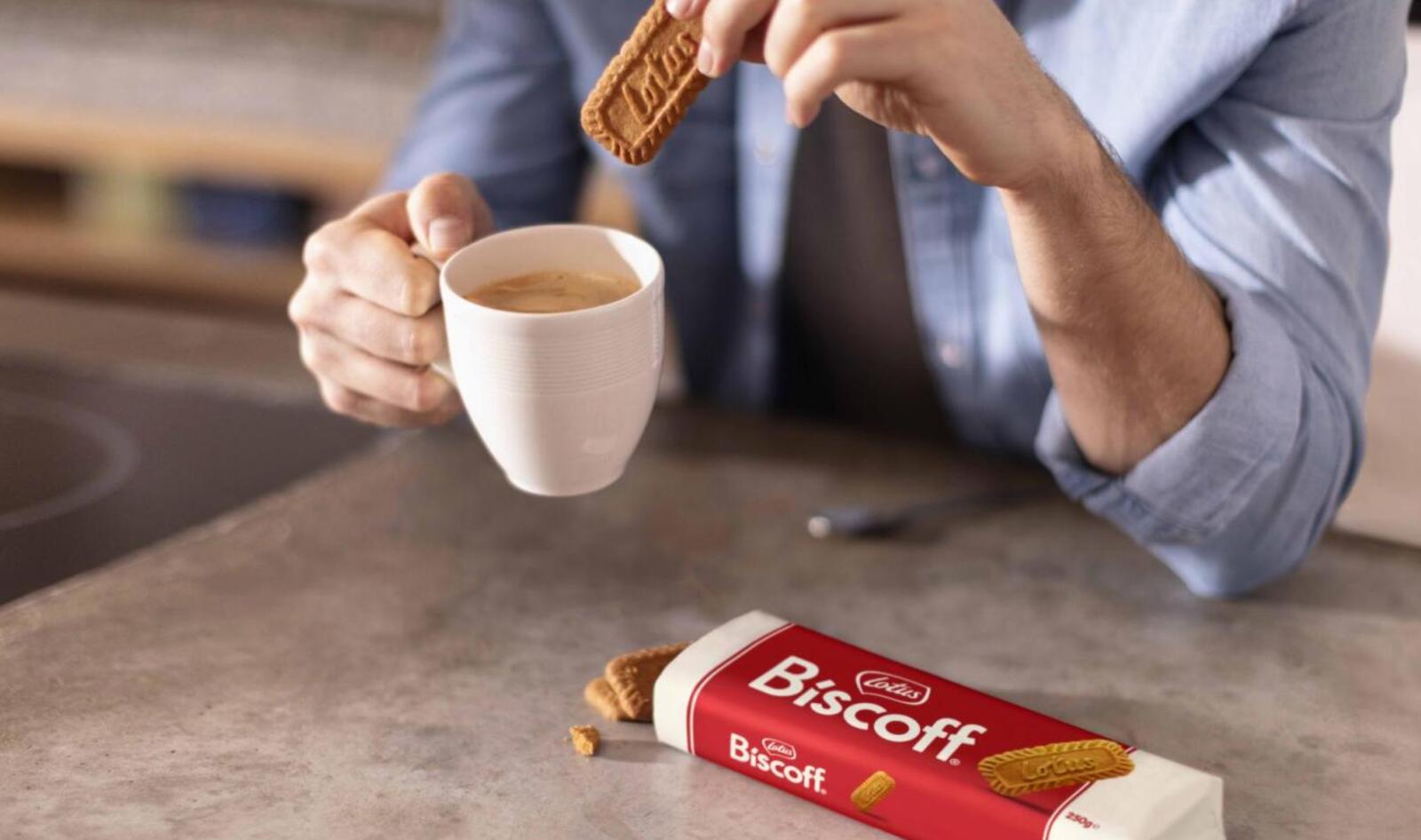

.jpg?sha=410e9c0927656639)
